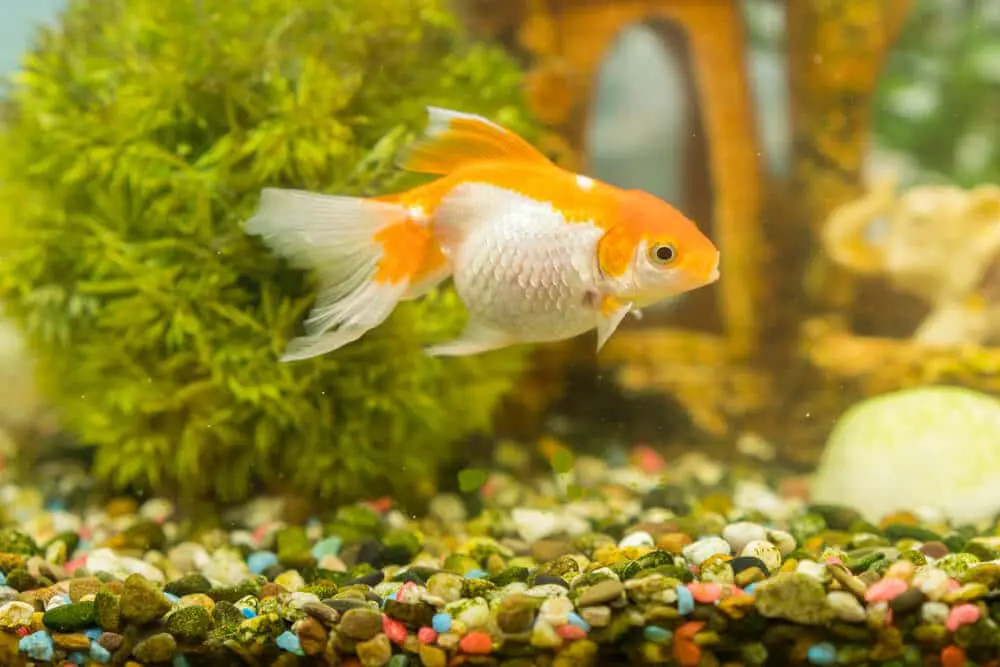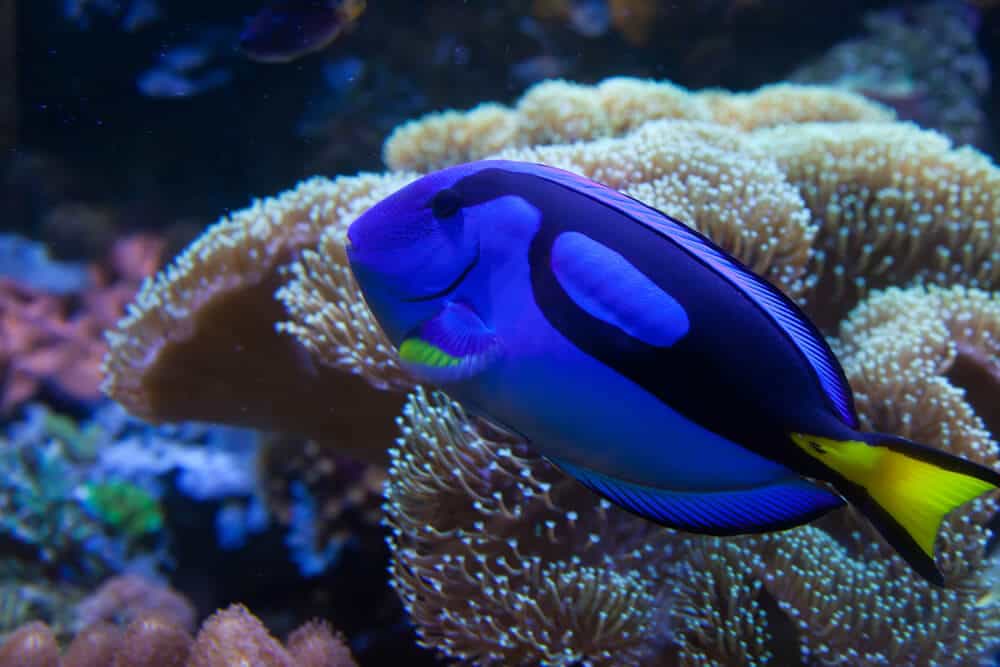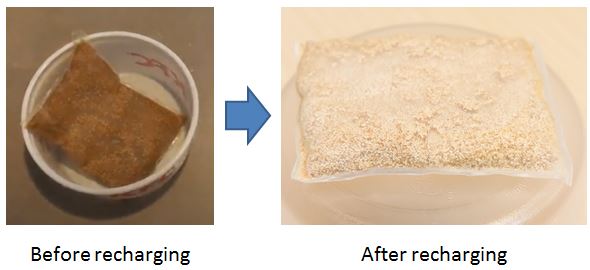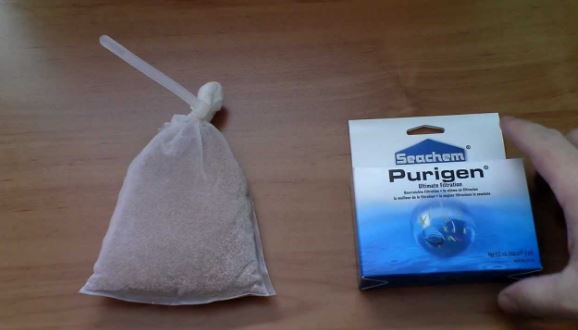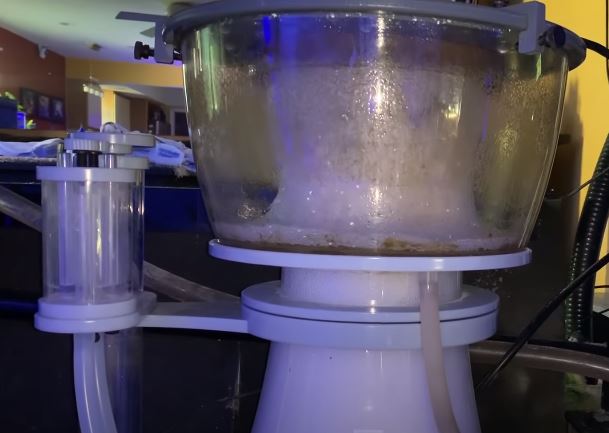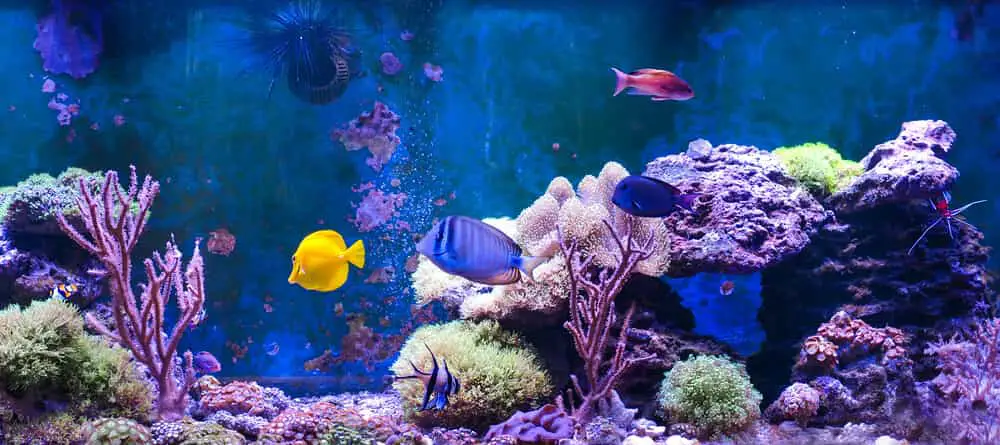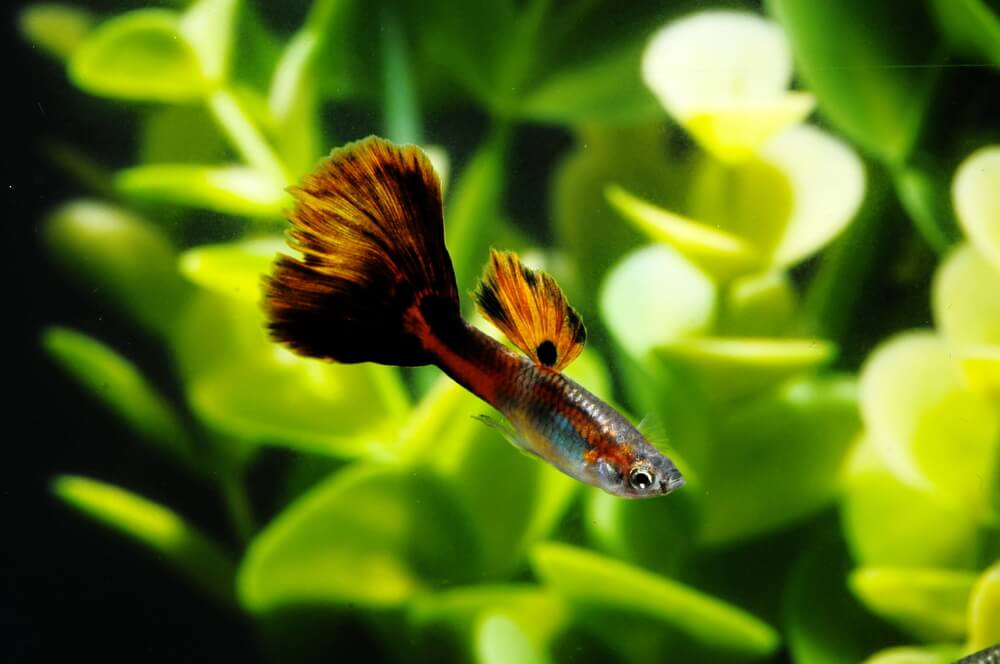
Whether you are a fish owner or an aquarium expert, you definitely must have come across the term water hardness.
It is often a normal thing that you should position your fish in water that suits it the best.
If you have figured out that you need to raise the general hardness of your water to ensure your fish’s survival, it is all good.
You can increase the hardness of your water as much you can soften it. If you have ever pondered on how to increase it, here’s how:
Contents
1. 5 Ways to Increase The Hardness of Your Aquarium Water
Use Tap Water
Maybe you don’t know, when your tap water is moderately hard or very close to extreme hardness, you simply do not need to go any further.
Changing your tap water more often may just be what you need to regain the general hardness that had been used up by fish and plant in your aquarium.
Let’s take a look at the pros and cons of using tap water to increase aquarium water hardness.
Pros
- Simplicity. It doesn’t require any special methods or chemicals.
Cons
- But well, if your tap water is quite soft or maybe you want extremely hard water compared to your tap water, this method might not just be your score. You should try subsequent methods.
Crushed Coral

Maybe you don’t know, crushed corals come from dead coral reefs.
How does it work?
Crushed coral will increase the hardness of your water because it is extremely high in calcium carbonate. It will also boost your water’s pH.
Application
You can either mix the crushed coral with your gravel or position it in a media bag.
Let’s take a brief walk through the results you would get from the use of crushed coral for the hardness of your water.
Results
If you are planning to increase the hardness of your water with crushed coral, you must understand the fact that it will increase both the general hardness and carbonate hardness of your water.
There is no other reason other than the fact that crushed coral definitely contains both the elements of GH and KH. You should note that the higher the KH level, the higher the pH.
While you might not like this transition, it is usually a hot potato for cichlid tanks which prefer hard water with a very high pH.
Pros
- pH boost
- Addition of calcium
Cons
- It won’t work well once it is covered with a bacterial slime.
Aragonite

Just like crushed coral, aragonite contains the most soluble form of calcium carbonate.
It comes in sand or rock form. The effect of aragonite in your aquarium water is that it releases calcium and carbonate compounds in your water.
You may not know. The best form of aragonite you can use to increase your water hardness is oolitic which is carved out from tropical seas.
Oolitic aragonite is spherical in form and liquidizes with a little flow. It is a perfect substrate for your fish.
Pros
- It is visually attractive compared to crushed coral
- Maintenance of the pH, KH and GH level of your water
Cons
- It is most soluble in freshwater.
- It works perfectly mostly in a warm solution
Water Remineralizer
If you don’t know how a water remineralizer works, continue reading.
Demineralized water is the water that has been deprived of beneficial mineral contents.
Of course, the process of demineralization has a direct connection with the reverse osmosis system that helps to soften water. What reverse osmosis system does is that it strips the water of calcium and magnesium.
Where am I heading to?
Application
How do you apply water remineralizers to your aquarium water?
It is quite simple.
All you need to do is to get a post-filter that is garnished with some form of magnesium or calcium preferably calcite which contains calcium carbonate or corosex which contains a magnesium compound.
You may well use a post-filter that contains both compounds.
What’s more? Pass the demineralized water through the post-filter. Note that you can only apply water remineralizer after you change your water.
By complying with the above tips on water mineralizer, you can attain your water hardness goal. Then there you go.
Pros
- Healthy skin for the fishes
- Replenishes the deprived mineral contents of your water
Limestone
Adding limestone to your aquarium water can help to increase the hardness of your water. This is because it will release calcium and some other beneficial mineral contents in your water. Texas Holey Rock is the commonest type of limestone used in most cichlid aquariums.
Application
One thing that must be noted before the application of limestone to your aquarium water is that you have to figure out whether your water really needs it.
You can test your aquarium by taking either a water or soil sample from your aquarium.
Test with aquarium test kits or send the water sample to an aquarium laboratory for analysis. Look out for the total alkalinity, total hardness and pH level of your water. This will determine whether your water requires the application of limestone.
So how do you apply limestone to your water after you have figured it out?
Anyone would understand this. All you need to do is to apply it directly to the bottom of your aquarium before filling it with water OR you may well dissolve it into a bowl of water before adding it to the aquarium.
How often should you apply limestone to your aquarium water?
Well, you can apply it anytime during the production cycle.
Pros
- Increases pH
- Guides against pH fluctuations
- Sterilizes the aquarium
- Increases the fertility of the fish
- Protects the fish
- Gives the aquarium a cool feel
Cons
- Adding limestone is not advisable when the fishes are in the aquarium
2. Attention When Using Baking Soda and Epsom Salt
Pros
Just like every other method, you can apply baking soda and Epsom salt to increase the hardness of your water.
Baking soda contains sodium bicarbonate. One thing about it is that the more the baking soda in your water, the higher the carbonate hardness.
Of course, the effect is usually a high pH and more buffers.
What’s more? Epsom salt contains magnesium sulfate. The overall effect of Epsom salt in your water is that the more the Epsom salt in your water, the higher the magnesium.
Cons
You may not know. It is not advisable to subscribe to the idea of using baking soda and Epsom salt to increase the hardness of your aquarium water.
This is because baking soda contains a voracious amount of sodium which is harmful to your fish.
On the other hand, Epsom salt contains zero calcium which is not good.
Most hard waters have an equal amount of calcium and magnesium.
3. Aquarium Water Hardness Tricks
- Figure a standardized aquarium water test kit or probably a good aquarium laboratory. You cannot run your aquarium affairs effectively alone.
- Have a consistent timeline for your water change so that your water can achieve a perfect balance.
- If using additives is your score, follow the guidelines on the manufacturer’s label.
- If you decide to use crushed coral, limestone and the likes, give it a thorough cleaning. Algae and mucus slime could affect their effectiveness.
Final Thoughts
These are of course all you need to know about how to increase your aquarium water hardness.
While I say the above methods of increasing your aquarium water hardness are tested and trusted, realize that there are circumstances when your fish does not really need them.
This is why out the aquarium water hardness tricks above, the test kit part is the best.
Figure out the actual needs of your water before attempting to increase its hardness.
